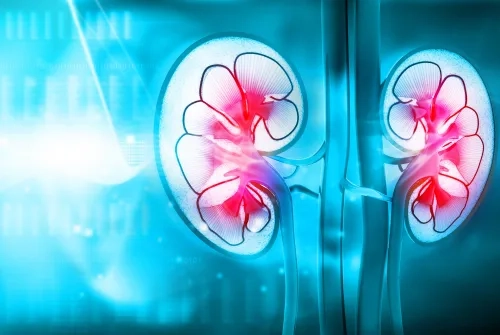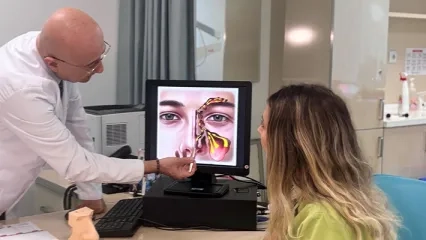Alo Yeditepe
Alo Yeditepe
Kidney Transplant Clinic
In people who has functional deterioration of kidney due to different diseases, nephrologists make maximum efforts to stop the kidney damage that occurs and to rehabilitate it if possible. The aim is to make one's own kidneys function for the longest time. Despite all the interventions, when renal insufficiency reaches the final stage, a treatment is needed for the patient to survive. For today, kidney transplantation is the most ideal treatment for all possible patients.
In the case of a disease, the first reaction that occurs in every person is the desire to have the test again, often considering that there is an error in the tests. When the results point to the same situation, anger followed by despair ensues. In this difficult process, it is extremely important for healthcare professionals to ensure that kidney damage is irreversible. At this point, the results of the examination, workup, radiological examination results and the patient's history; reveal the course of the disease clearly.
Patients are Evaluated in Two Stages
In end-stage renal insufficiency patients who experience irreversible loss of kidney function, evaluations for kidney transplantation are two stages. First of all, it is inspected whether there is a situation that prevents the patient from being transplanted. All organ systems are systematically evaluated. Health of Cardiovascular system is an important assessment area at this stage. All associated diseases of the patients, blood tests, radiological examinations are evaluated in relation to kidney transplantation. A plan is executed in which all additional problems which have been detected can also be treated. As a result, there are two alternatives for patients who do not have problem to kidney transplantation.
- Transplantation of kidney to be obtained with organ donation from deceased persons
- Transplantation of kidney to be removed from living donor.
”
See Also
Alo Yeditepe





























